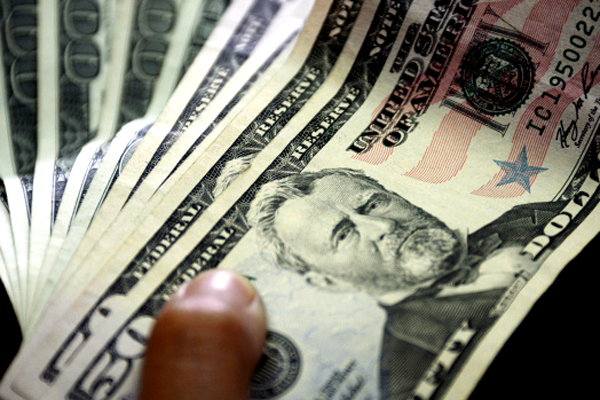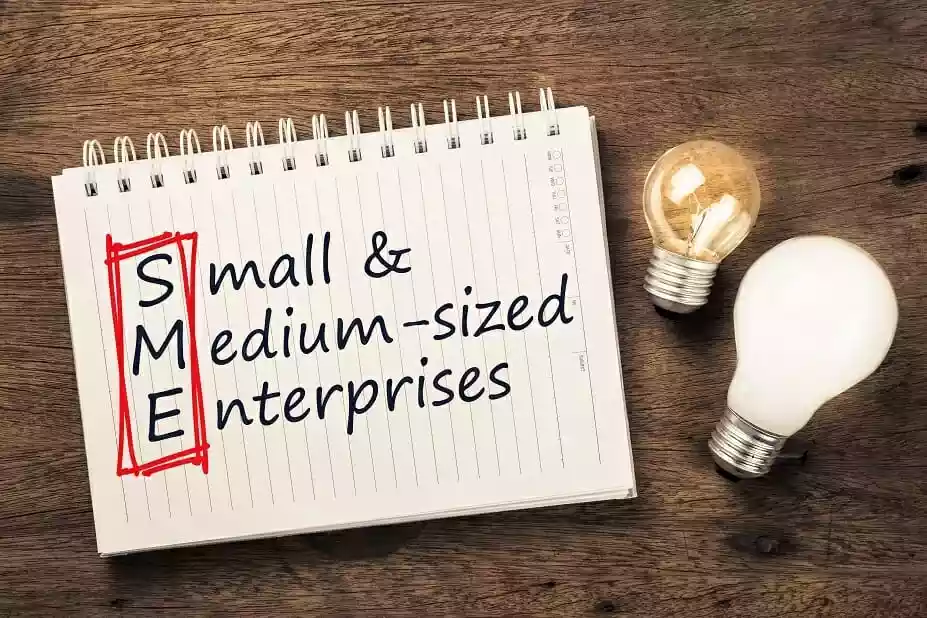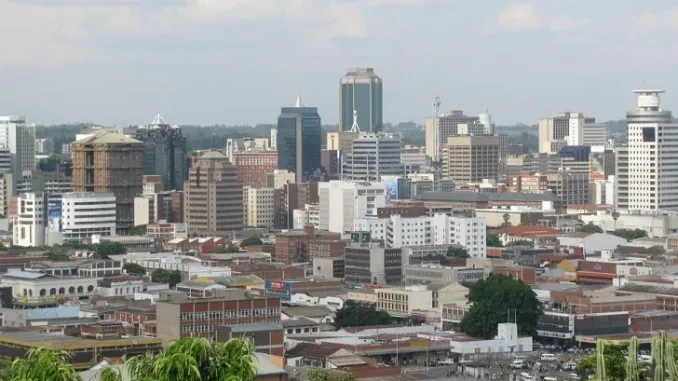
Zimbabweans desperate for cash are now targeting cash paying customers within retail stores as liquidity constraints continue unabated. This came as banks have capped the withdrawal limit at $100, with a few such as BancABC giving as much as $200 per day to clients.
BY TATIRA ZWINOIRA
Due to the growing liquidity constraints retailers were facing increasing difficulty in offering the cash back facility, the once secondary option after banks.
The new trend has seen people milling in retail shops offering to use their bank cards to customers who want to buy groceries with cash. Shoppers carrying cash in hand were particularly being targeted.
In a snap survey, an average of one in 10 shoppers were approached by these people seeking cash in exchange for purchasing groceries of the customer using their bank card.
These people either approach a customer in a queue or those shopping for goods along the aisles to make their cash request.
Confederation of Zimbabwe Retailers president Denford Mutashu yesterday confirmed the trend, but warned the public to be wary of such people since some were also crooks looking to con people.
“The trend is rampant when there is a liquidity challenge and retailers bear the brunt or are at the mercy of those money changers, the situation is not helped by the cash obsession. It affects the smooth running of the business when speculative behaviour is not dealt with. However, most customers are now aware as most of those fuelling such practices are lazy crooks. They have also duped most unsuspecting customers,” Mutashu said.
- Chamisa under fire over US$120K donation
- Mavhunga puts DeMbare into Chibuku quarterfinals
- Pension funds bet on Cabora Bassa oilfields
- Councils defy govt fire tender directive
Keep Reading
“Customers are urged to refrain from being lured into such illegal practices. It is not ethical as some are masquerading as genuine customers in need of cash who are smartly dressed and in some cases disguised as a couple ‘desperate’ for cash, but, alas, are just crooks.”
Spar managing director Terrence Yeatman said though he had not heard about the practice, he was not surprised at all.
“With the great Zimbabwean ingenuity we have and with the current cash shortage, I am not surprised,” Yeatman said.
The trend gained momentum after June when bank charges were slashed as the central bank moved to increase the use of electronic money transactions as a solution to the cash crisis.
TM Pick N Pay managing director Malcolm Mycroft said he had no comment to make concerning the trend.
A survey conducted by our sister paper, The Standard, last month found that retail shops required customers to buy goods worth at least $15 in order to get $100 cash through the cash-back facility, while others like OK would only give $100 to customers that would have spent $30 or more.
The services sector, which the retail sector is part of, contributes an average of 56% or $7,78 billion to the gross domestic product. Based on these figures, Zimbabweans are looking to tap into a daily turnover of about $21,32 million cash.
According to the central bank’s statistics, the total value of automated teller machine (ATM) transactions stood at $30,46 million for the week ending August 26. This is a daily average of about $4,35 million in ATM transactions. This means that people are turning to the retail sector cash due to limits placed by banks.
Mobile money platforms such as EcoCash have failed to provide an alternative with agents saying they have no cash for subscribers who want to make cash out transactions. A number of agents in the rural areas are offering cash plus groceries for subscribers who want to cash out.











